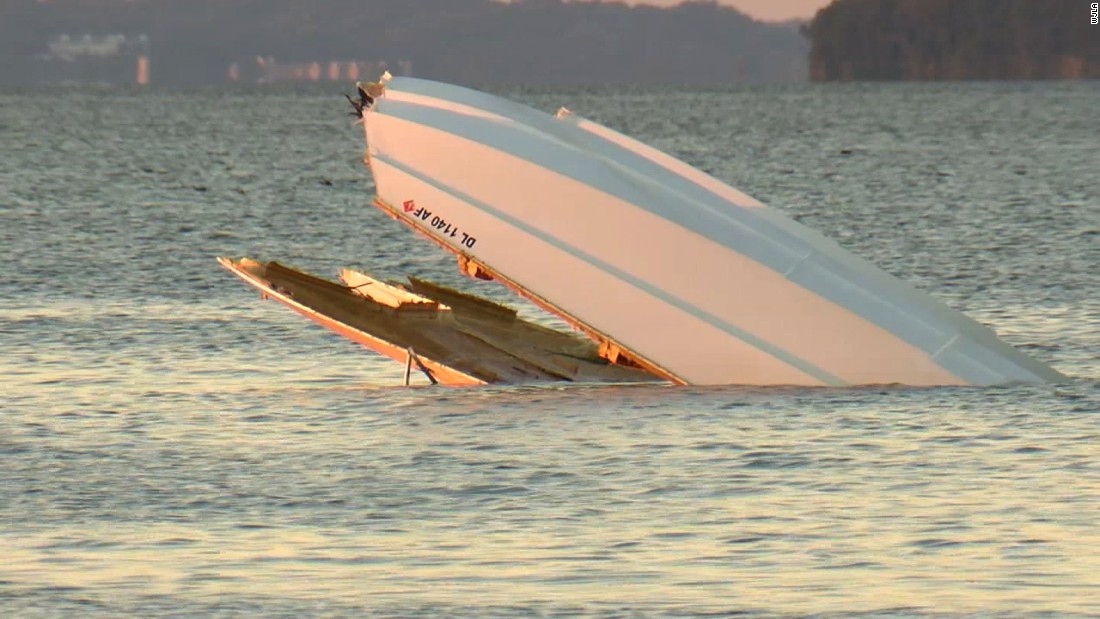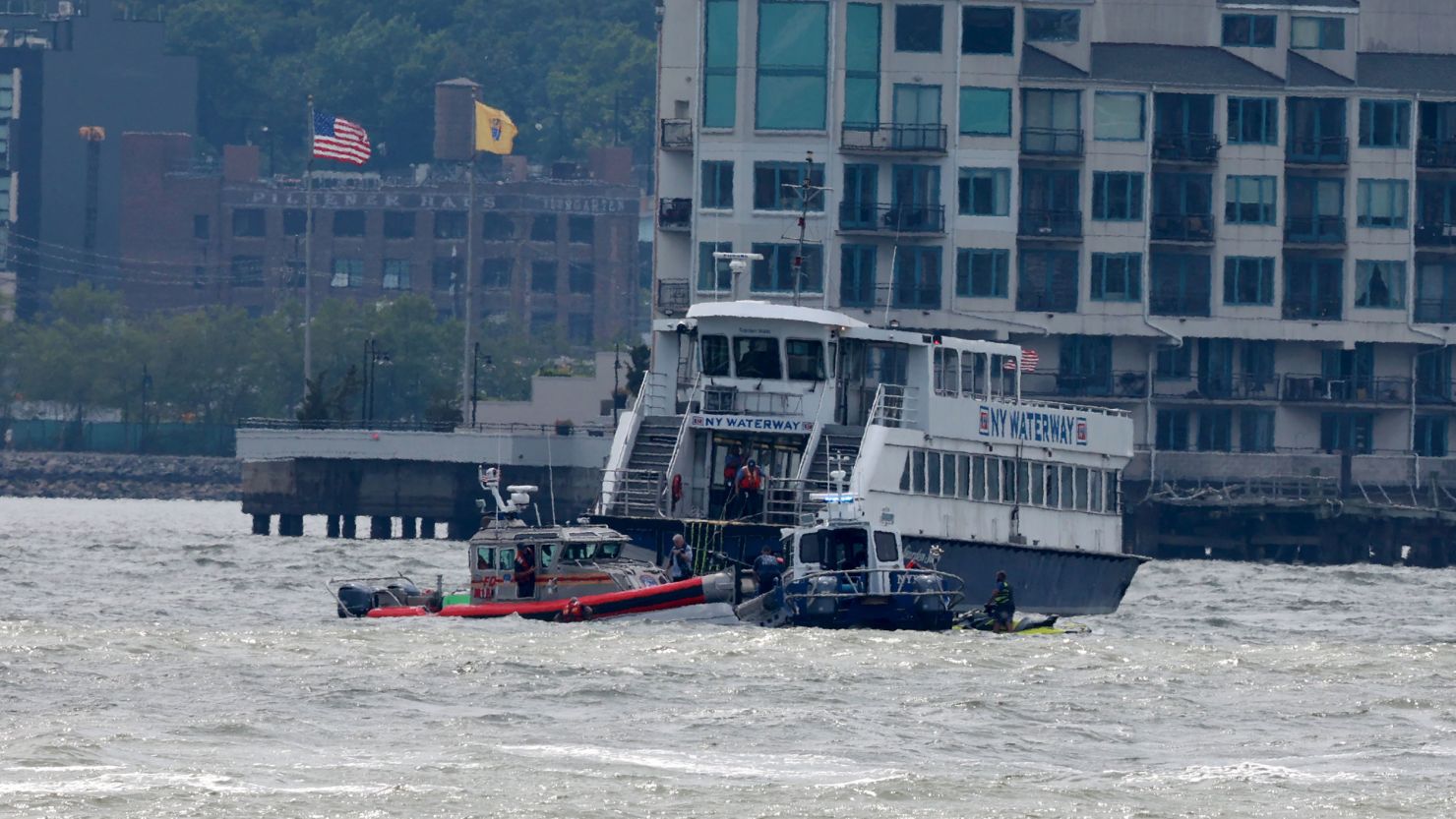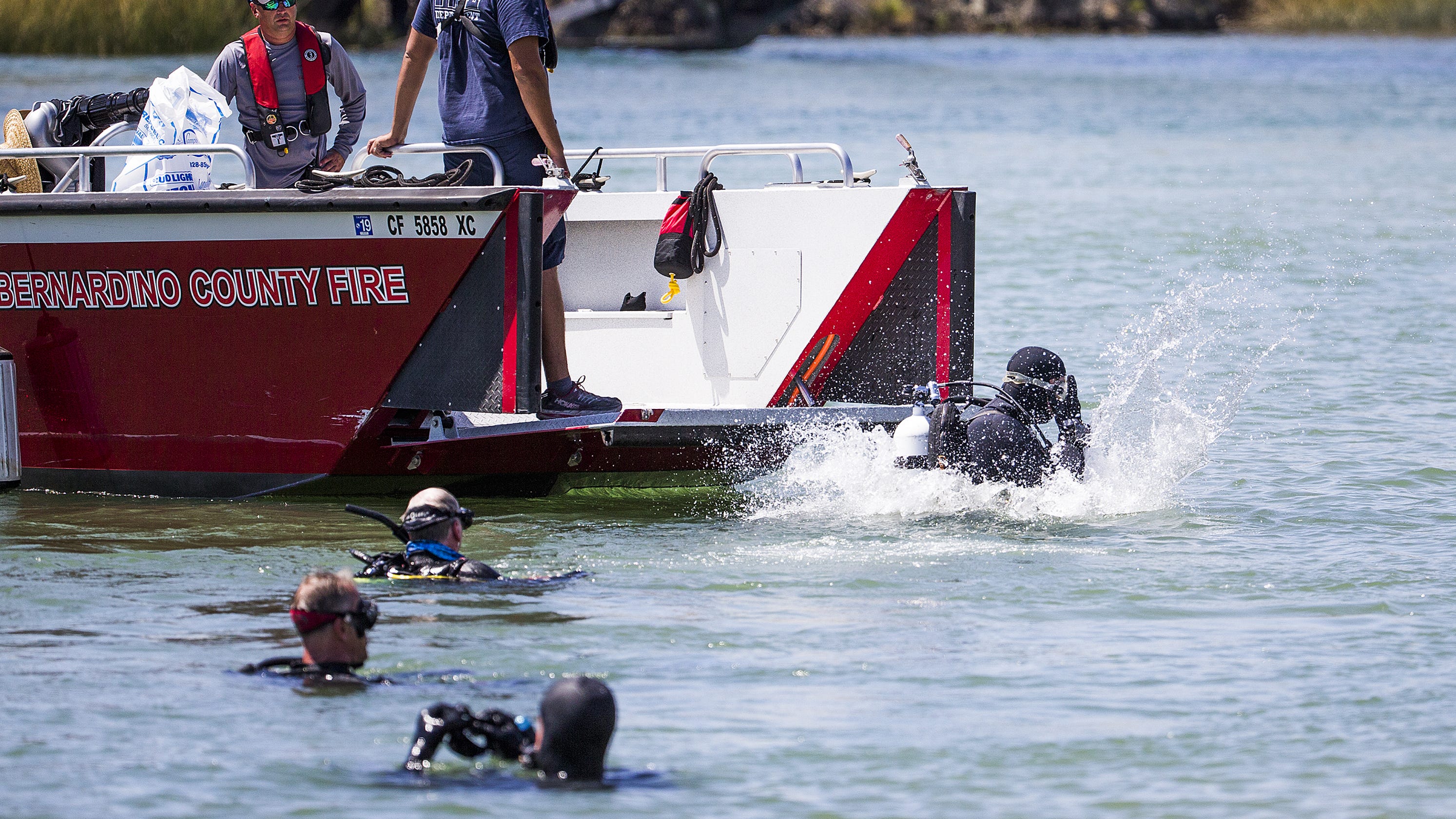The topic of Chicago River Boat Accidents has gained significant attention in recent years, engaging both locals and visitors. These incidents have sparked important discussions about safety protocols, the historical significance of river transportation, and the future of water-based activities in the city. Understanding the underlying causes, consequences, and preventive measures is essential to ensuring the safety of all participants.
The Chicago River system is an integral part of the city's identity, offering scenic tours, recreational opportunities, and a window into the city's storied past. With the growing popularity of riverboat tours, however, safety concerns have emerged, necessitating a closer look at the risks involved. This article explores the Chicago River Boat Accident in detail, examining its causes, impacts, and the lessons learned, while offering valuable insights for individuals, tour operators, and policymakers alike.
Our aim is to provide an in-depth analysis of these incidents, empowering stakeholders with the knowledge needed to enhance safety and enjoyment for everyone involved in river-based activities. By identifying the contributing factors, we can work toward a safer and more sustainable future for Chicago's waterways.
Read also:Exploring The Latest Bollywood Movies A Journey Through Indias Cinematic Marvels
Table of Contents
- Introduction to Chicago River Boat Accidents
- History of Chicago River Transportation
- Causes of Accidents
- Consequences and Broader Impact
- Safety Measures and Regulations
- Preventive Strategies for Future Safety
- Statistical Insights into River Accidents
- Impact on Tourism and Local Economy
- Legal Implications and Liability
- The Future of River Transportation in Chicago
- Conclusion and Next Steps
Introduction to Chicago River Boat Accidents
The term "Chicago River Boat Accident" encompasses a range of incidents involving vessels operating on the Chicago River. These events, ranging from minor collisions to severe accidents, have drawn significant attention to safety standards and operational practices. The growing number of tourists and locals participating in riverboat tours has intensified the urgency of addressing these concerns.
Recent high-profile accidents have garnered media attention and public scrutiny, emphasizing the need for enhanced safety measures, improved operator training, and stricter regulatory enforcement. By analyzing these incidents in detail, we can identify recurring patterns and develop strategies to mitigate risks, ensuring a safer experience for all participants.
History of Chicago River Transportation
Early Beginnings of River Transport
The Chicago River has been a cornerstone of the city's growth and identity since its inception. Originally utilized for trade and transportation, the river has transformed into a premier tourist attraction, offering scenic tours and recreational activities. Over the decades, advancements in technology and infrastructure have elevated the river into a bustling hub of activity, connecting communities and fostering economic development.
Modern-Day River Transportation
Today, the Chicago River hosts a diverse array of vessels, including tour boats, ferries, and recreational crafts, catering to a wide spectrum of audiences. From tourists seeking an unparalleled view of the city's skyline to locals enjoying leisurely outings, the river serves as a vibrant nexus of activity. However, the escalating traffic on the river has raised concerns about safety and congestion, prompting the need for innovative solutions.
Causes of Accidents
Chicago River Boat Accidents stem from a variety of factors, including human error, mechanical failure, and environmental conditions. A thorough understanding of these contributing elements is critical to developing effective preventive measures.
- Human Error: Many accidents are attributed to mistakes made by boat operators, such as misjudging distances, failing to adhere to safety protocols, or operating under the influence of alcohol or drugs.
- Mechanical Failure: Faulty equipment or inadequate maintenance can lead to catastrophic failures, jeopardizing the safety of passengers and crew.
- Environmental Conditions: Adverse weather conditions, such as strong winds, heavy rain, or limited visibility, can significantly impact the safety of riverboat operations.
Consequences and Broader Impact
The repercussions of a Chicago River Boat Accident extend beyond the immediate participants, affecting the broader community and stakeholders. Injuries, fatalities, and property damage are immediate concerns, but the long-term implications on tourism and the local economy cannot be overlooked.
Read also:Bob Marley Celebration 2024 Honoring A Global Icon
Victims of these incidents often face physical, emotional, and financial challenges, requiring extensive support and resources. Moreover, the city's reputation as a safe and desirable destination may suffer, leading to a decline in tourist numbers and associated revenue. Addressing these consequences requires a multifaceted approach involving stakeholders from various sectors.
Safety Measures and Regulations
Current Safety Protocols
Several safety measures and regulations are currently in place to ensure the secure operation of vessels on the Chicago River. These include mandatory safety inspections, regular maintenance schedules, and rigorous enforcement of operational guidelines. Compliance with these protocols is essential to minimizing risks and enhancing overall safety.
Training and Certification
Boat operators are required to undergo comprehensive training and obtain the necessary certifications to operate vessels on the river. This ensures that they are well-equipped to handle emergencies and adhere to established safety standards. Continuous professional development is also encouraged to keep operators informed about the latest advancements in safety practices.
Preventive Strategies for Future Safety
Preventing future accidents demands the implementation of comprehensive strategies that address the root causes of these incidents. These strategies should focus on strengthening safety protocols, enhancing operator training, and leveraging advanced technology to mitigate risks.
- Improved Safety Protocols: Regular audits and inspections can help identify potential hazards and ensure compliance with safety standards, fostering a proactive safety culture.
- Enhanced Operator Training: Continuous education and training programs can empower operators with the skills and knowledge needed to respond effectively to emergencies, enhancing overall safety.
- Investment in Technology: Incorporating advanced navigation systems, communication tools, and safety equipment can significantly reduce the likelihood of accidents, ensuring a safer environment for all participants.
Statistical Insights into River Accidents
Data from authoritative sources, such as the U.S. Coast Guard and other regulatory bodies, reveal concerning trends in riverboat accidents nationwide. Recent statistics indicate a 20% increase in accidents on the Chicago River over the past five years. These figures underscore the pressing need for action to address the underlying issues and enhance safety standards.
Research conducted by independent organizations emphasizes the importance of data-driven decision-making in improving safety protocols. By analyzing accident patterns and identifying common factors, policymakers can develop targeted interventions to reduce the incidence of such events, ultimately fostering a safer environment for all participants.
Impact on Tourism and Local Economy
The Chicago River Boat Accident has had a profound impact on the city's tourism industry and local economy. Tour operators have reported a decline in bookings following high-profile accidents, resulting in financial losses and job reductions. Furthermore, the negative publicity surrounding these incidents has tarnished the city's reputation as a safe and appealing destination.
Efforts to restore public confidence and attract tourists back to the river have included promotional campaigns, safety demonstrations, and partnerships with local businesses. These initiatives aim to highlight the city's commitment to safety and quality experiences, reinforcing Chicago's status as a premier tourist destination.
Legal Implications and Liability
The legal implications of Chicago River Boat Accidents can be intricate, involving multiple parties and jurisdictions. Determining liability often requires a thorough investigation into the circumstances surrounding the incident, as well as an evaluation of compliance with safety regulations.
Victims of such accidents may pursue legal action to seek compensation for injuries, damages, and other losses. This process involves collaborating with experienced maritime law attorneys who can navigate the complexities of these cases, ensuring that victims receive the justice and compensation they deserve.
The Future of River Transportation in Chicago
The future of river transportation in Chicago hinges on the city's ability to address the challenges posed by increasing traffic and safety concerns. Investments in infrastructure, technology, and training are vital to creating a safer and more efficient system that meets the needs of all stakeholders.
Innovative solutions, such as smart navigation systems, real-time monitoring, and collaborative platforms, can streamline operations and enhance safety. By embracing these advancements, Chicago can position itself as a leader in sustainable and safe water-based transportation, setting a benchmark for other cities to follow.
Conclusion and Next Steps
In summary, the Chicago River Boat Accident highlights the critical importance of safety in water-based activities and the necessity of proactive measures to prevent such incidents. By understanding the underlying causes, consequences, and preventive strategies, we can work toward a safer and more enjoyable experience for everyone involved in river-based activities.
We invite you to share your thoughts and experiences in the comments section below. Your feedback is invaluable in helping us refine and expand our coverage of this crucial topic. Additionally, we encourage you to explore other articles on our site for further insights into Chicago's vibrant river culture and ongoing safety initiatives.
References:
- U.S. Coast Guard: Annual Report on Recreational Boating Accidents
- National Transportation Safety Board: Investigation Reports
- Chicago Department of Transportation: Safety Guidelines


